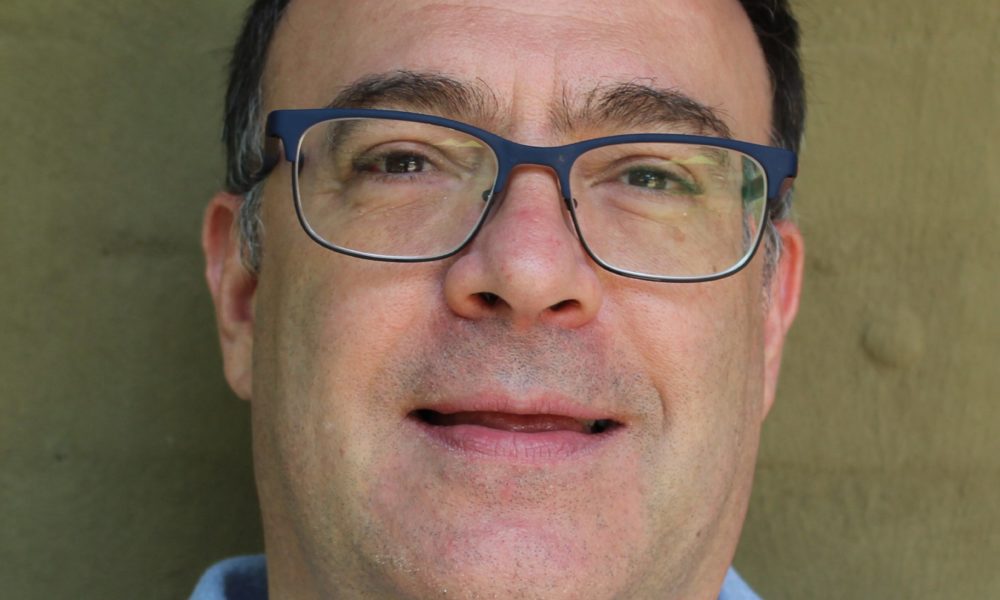OpEds
‘Palestine’s’ UN seat is far from statehood

There’s a novel change in seating arrangements for the 79th session of the United Nations General Assembly (UNGA 79), which began on 10 September in New York. Nestled between Sri Lanka and Sudan is the “State of Palestine”, placed among the countries starting with “s” to emphasise the word “state”.
This is the latest international bid for recognition of “Palestine’s” sovereignty, attempting to pile yet more pressure on Israel to end its occupation of territories captured in the 1967 Six-Day War.
Jerusalem sees this move as a reward for terrorism after Hamas’s deadly attack on 7 October 2023, and totally opposes it. The numbers aren’t on Israel’s side, as three-quarters of the world’s states support the move. So, does it have any impact beyond symbolism?
On 10 September, Egypt asked for UNGA President Philémon Yang to confirm that “Palestine’s” representative, Riyad Mansour, could take up his seat, which he did. The Egyptian ambassador said, “This isn’t merely a procedural matter. This is a historic moment for us.”
Israel’s deputy ambassador to the UN, Jonathan Miller, said, “Any decision and/or action that improves the status of the Palestinians, either in the UN General Assembly or bilaterally, is currently a reward for terrorism in general, and the Hamas terrorists in particular.”
Through several administrations, the United States (US) has held that statehood could be recognised only as the result of negotiations between the Israelis and the Palestinians. With the US having vetoed a UN Security Council (UNSC) resolution on 18 April to grant “Palestine” full recognition as a state, the matter passed to the UNGA in May. It voted overwhelmingly to seat “Palestine” in the UNGA and accord it more participation rights than its erstwhile observer status entailed. It can now raise matters, submit proposals, and participate in meetings and conferences. In other words, it can have a full go against Israel.
The UNGA stopped short, however, of designating “Palestine” to be a full-fledged sovereign state. It cannot vote, and it cannot serve on the UNSC. Full membership would require a UNSC recommendation, which the veto-wielding US opposes – for now. Israel continues to control most of “Palestine’s” claimed territory, and criticised this May resolution as well.
In late May, five countries including Ireland, Norway, and Spain recognised “Palestine” as the war against Hamas in Gaza intensified and as a punishment against Israel. In June, Israel authorised five new settlements in the West Bank and withheld tax payments to the Palestinian Authority. Israeli politicians explicitly said this was in retribution for the five countries recognising “Palestine”.
Also in reaction, on 18 July the Israeli Knesset voted to reject outright the establishment of a Palestinian state, including as part of an eventual negotiated settlement. Gershon Baskin, a “peacenik” near the extremities of the Israeli left wing, has long called for the recognition of “Palestine”, but this view is out of step with the post-7 October realities in Israel.
The Palestine Liberation Organization declared statehood in the occupied territories and East Jerusalem back in 1988, and by the end of that year, 78 countries had recognised “Palestine”, mostly communist Eastern Europe, Latin America, Asia, and Africa. More did so after the 1993 Oslo Accords, which largely collapsed after the assignation of Yitzhak Rabin and election of Benjamin Netanyahu.
The Palestinians launched their bid for statehood in the UN back in 2011, after negotiations with the Israelis evaporated. In spite of not being recognised as a state, it became a member of the United Nations Educational, Scientific, and Cultural Organisation that year. It became a “non-member observer state” in 2012, and started using the “State of Palestine” moniker. The US threatened to stop funding any UN agency that admitted “Palestine” as a member, but was rebuked for this by the Arab League.
On and off since then, the Palestinians have pushed for ever-greater involvement in and acceptance by the UN. Israel accuses them of abrogating the Oslo Accords, under which both sides agreed not to undertake unilateral actions like this on the global stage.
In 2015, “Palestine” became a party to the International Criminal Court.
Today, more than 75% of the UN’s 193 members – 146 states – recognise “Palestine”. South Africa did so in 1995.
Israel has never really worried too much about the UN. Israel’s first prime minister, David Ben-Gurion, famously coined the phrase, “Um Shmum” in 1955 to dismiss what the UN did by playing on its Hebrew acronym.
But, at the end of the day, this move will make Israel more uncomfortable in the UN as the Palestinians will have a podium from which to directly denounce the actions of the Jewish state. They are sure to use every opportunity that they get. It still makes “Palestine” no more of a state than Never-Never Land, Narnia, or Westeros until a deal is forged with Israel. And that day looks far, far away from here.
- Steven Gruzd is a political analyst in Johannesburg. He writes in his personal capacity.

Jessiica
September 20, 2024 at 9:42 am
Ain’t no “Palestine” just as there’s no “West Bank” for “Paleswtinians”.
Jordan is the actual, de facto and de jure “Palestine”, while the “West Bank” comprises the holiest of holy Israeli ground, Judaea and Samaria.
And the so-called “Two-State Solution” is merely Hamas doublespeak for “The Final Solution”.
Never fall for the Woke+Axis of Resistance antisemitic rhetoric.
Ryan
September 23, 2024 at 2:29 pm
Jessica,
You clearly oppose a 2 state solution and do not recognise The West Bank as anything other than rightly part of Israel. What should be done with the roughly 3 million Palistinians living in the West Bank? Will the be made full Israeli citizens with full rights or will they be expelled?
How have our strategies of preventing the creation of 2 states made Israel a safer place to live?